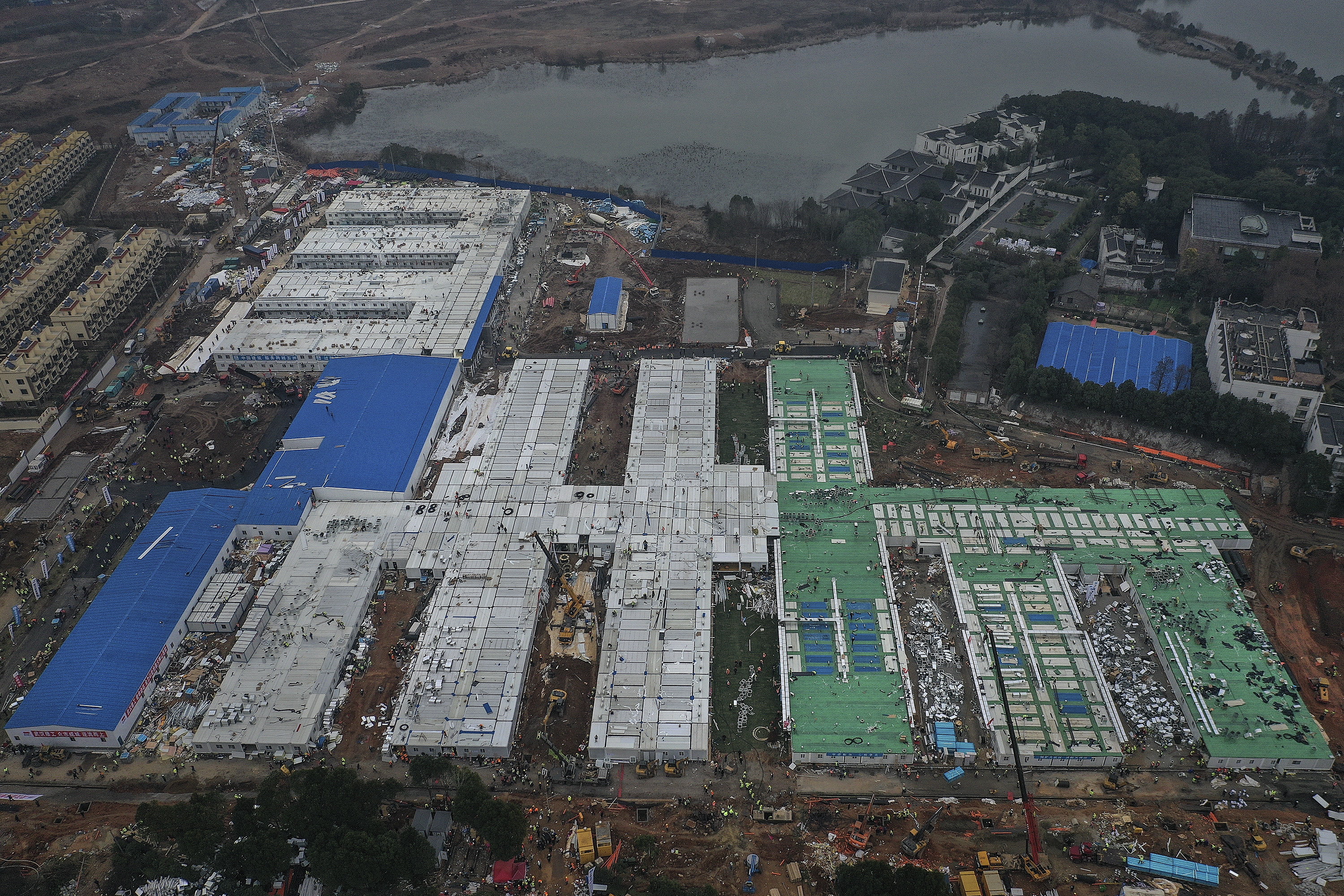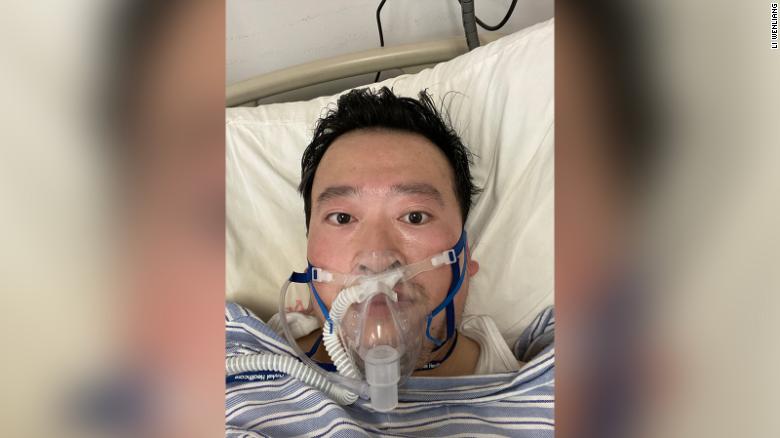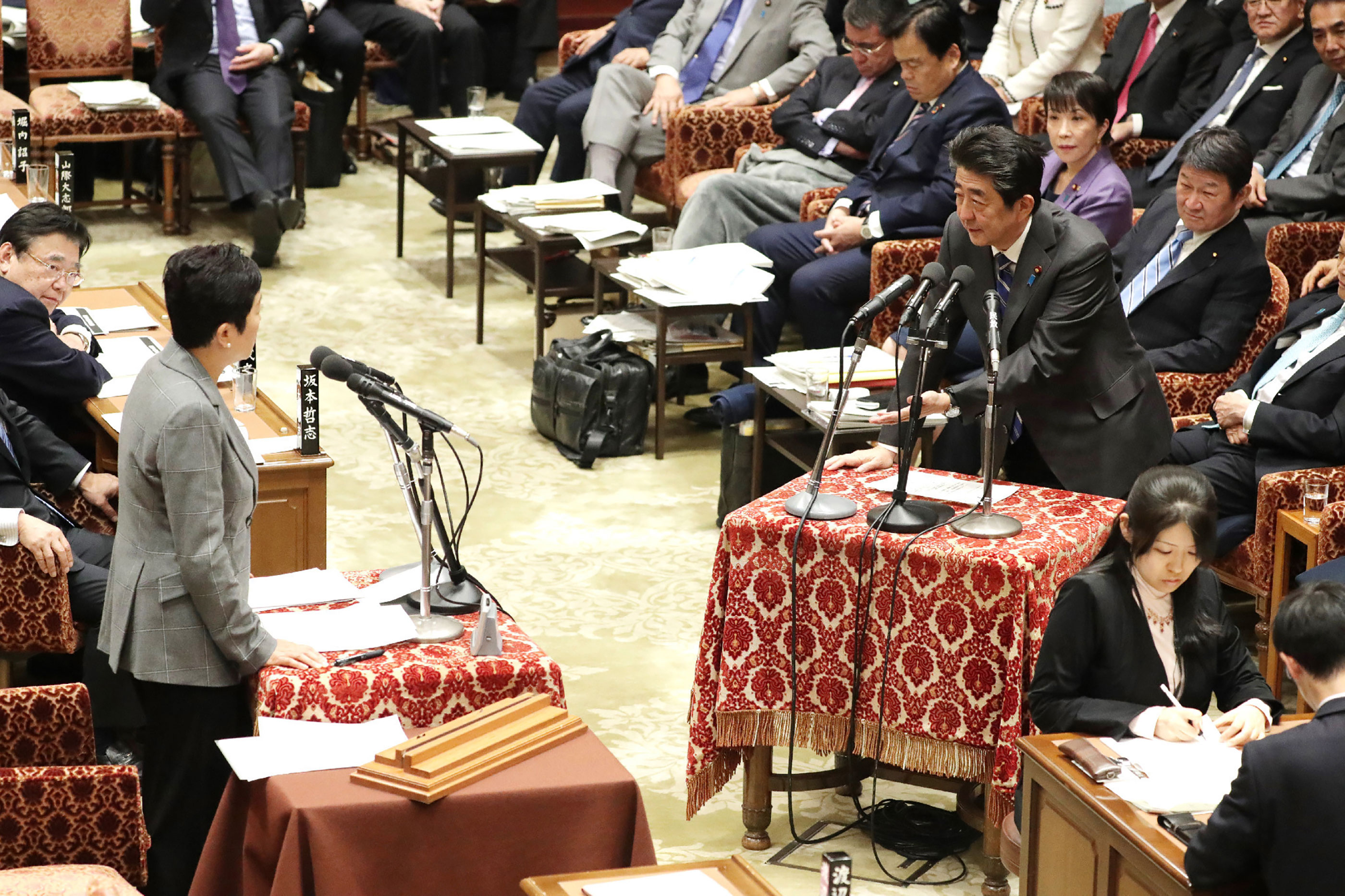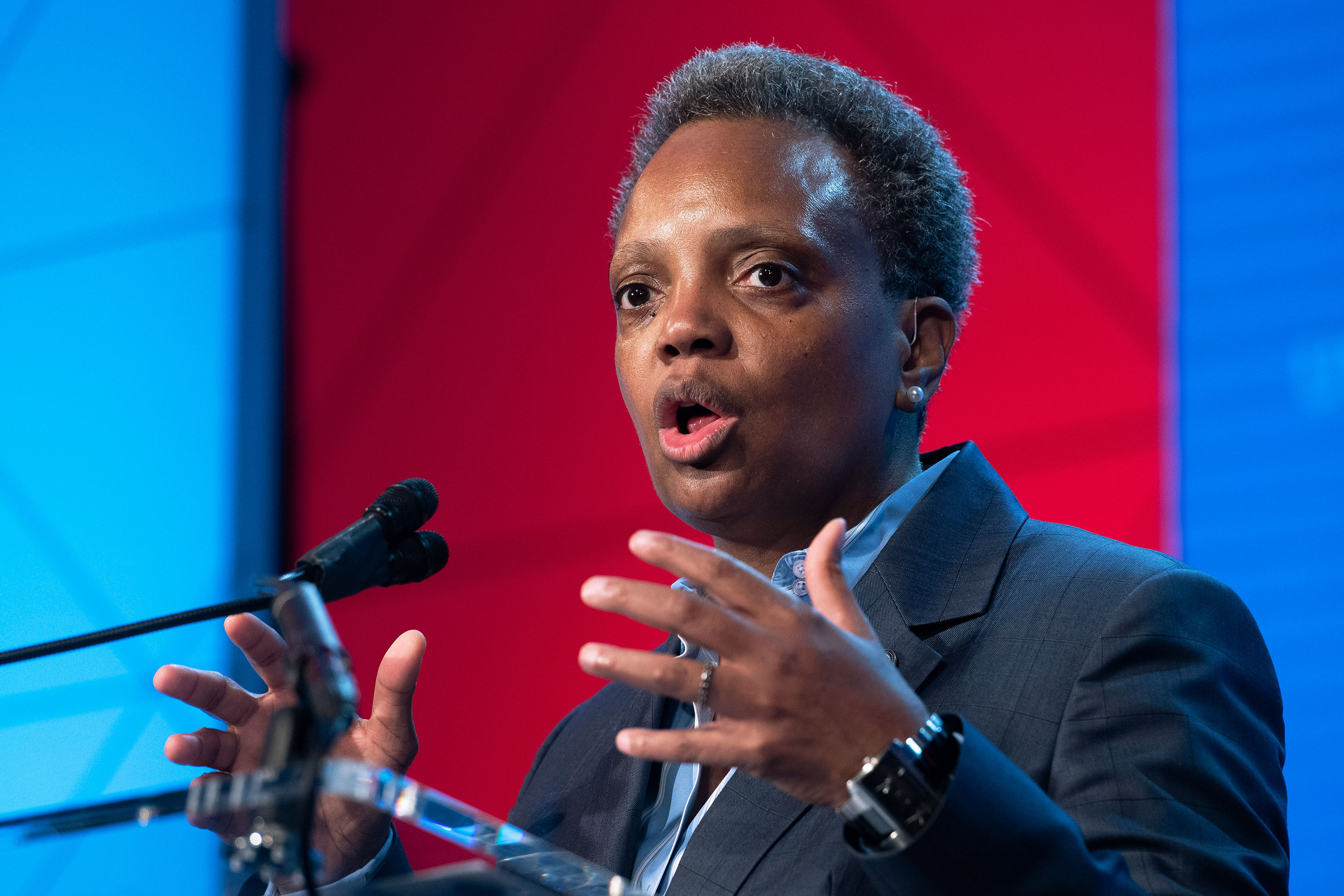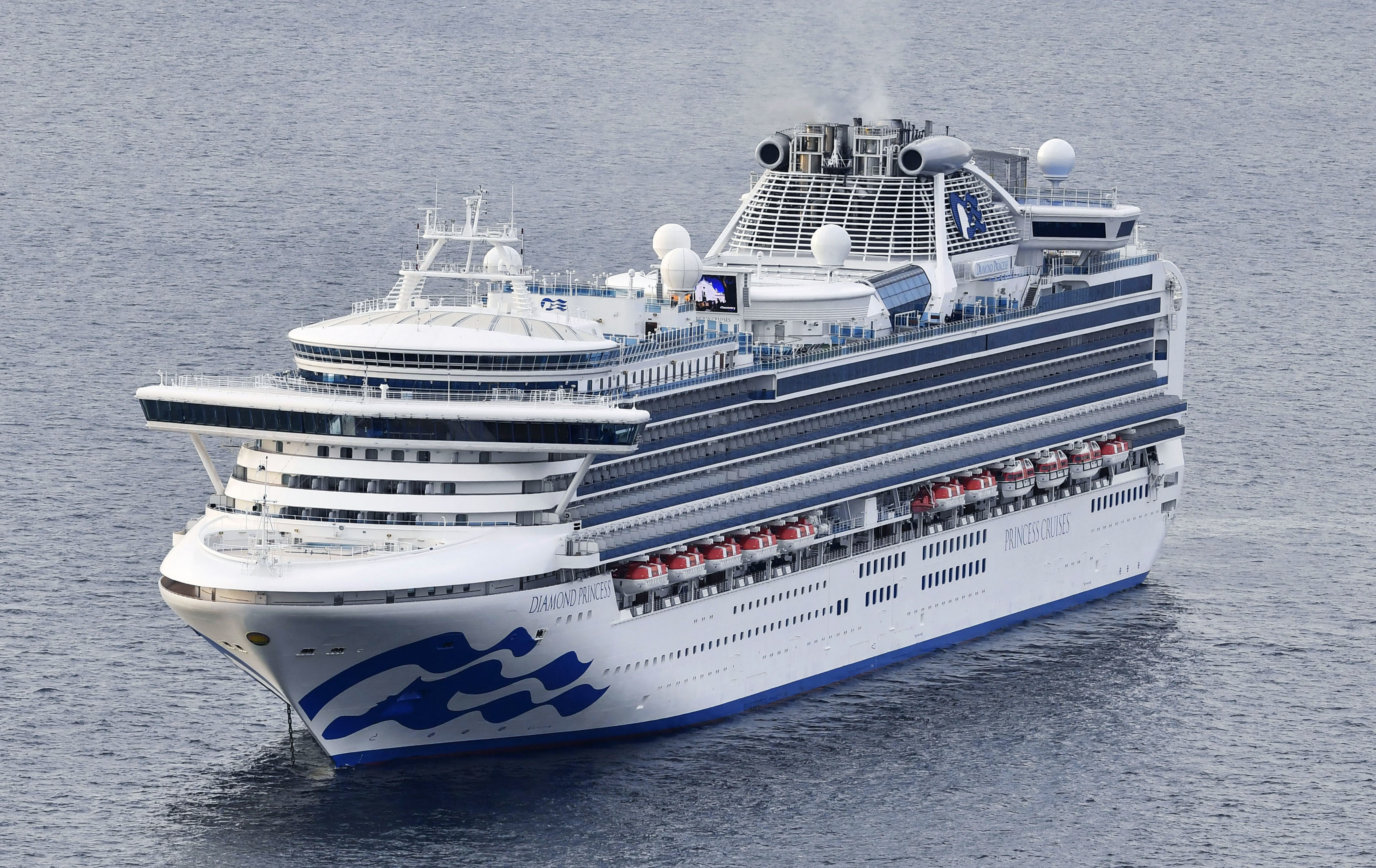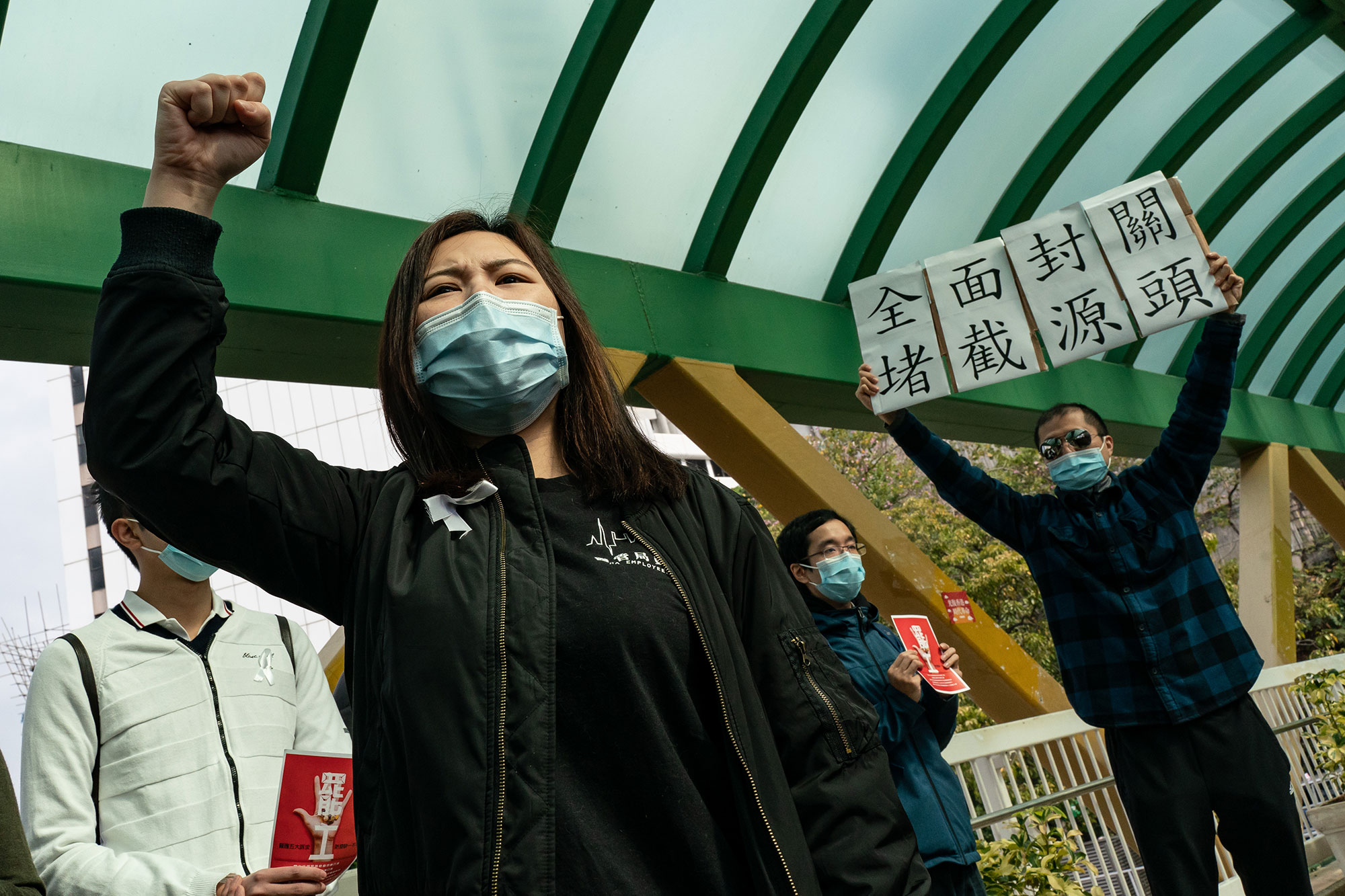China's propaganda authorities have struggled with how to handle the Wuhan coronavirus, perhaps the biggest domestic crisis to face President Xi Jinping since he assumed power.
Knee-jerk censorship and downplaying of any danger by local authorities in the days and weeks which followed the first diagnoses appear to have greatly increased the spread of the virus. Xi himself has been largely missing from front pages and news reports in recent days, even as state media has been clear to emphasize that he is working away in the background and directing the national response.
The most likely explanation for this is that the authorities are keen to ensure that Xi does not become the focus of the public's anger and frustration, and can instead be framed as the person to take charge and solve the crisis.
That shift in the narrative has begun this week, as state media has played up positive stories -- particularly about a hospital built in Wuhan in less than a week -- and emphasized Xi's personal control of the crisis.
According to a report by state news agency Xinhua, in a meeting Monday Xi "demanded resolute opposition against bureaucratism and the practice of formalities for formalities' sake in the prevention work."
As well as working to contain the virus and provide relief, however, another key point officials need to keep in mind, Xi said, was "public opinion guidance," which would "better strengthen confidence, warm people's hearts, and gather people's hearts."
"We must thoroughly publicize the major (decisions) of the (Communist) Party Central Committee, fully report on the effectiveness of the joint prevention and control measures in various regions and departments, vividly tell the touching stories of the front line of epidemic prevention and epidemic prevention, tell the story of China's fight against the epidemic, and show the Chinese people's spirit of unity and togetherness," Xinhua reported.
Rui Zhong, a China expert at the Wilson Center, told CNN that she understands the value of boosting positive stories so that people, especially those under lockdown for weeks, don't despair. However, she expressed concern that a desire to avoid negative coverage may lead to very real problems being ignored.
"(I'm) really worried that the stories of people struggling to get resources or (coronavirus) treatment will take a back seat to the ever present priority of political stability, positive energy, etc," she said.
"Since the quarantine is challenging people's endurance, maintaining long-term social confidence is probably a top priority (for the government)."
